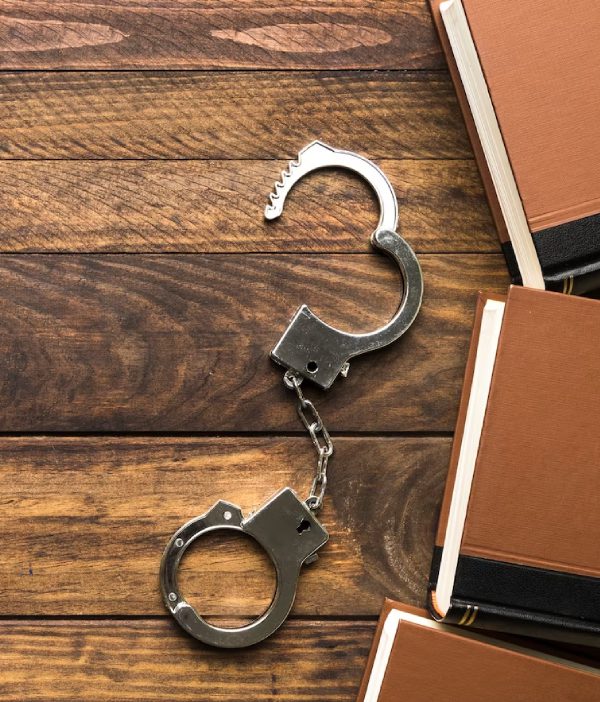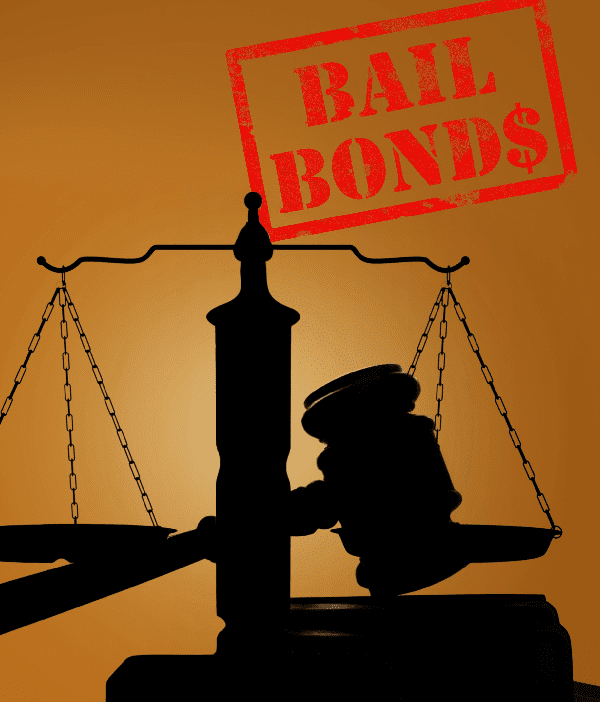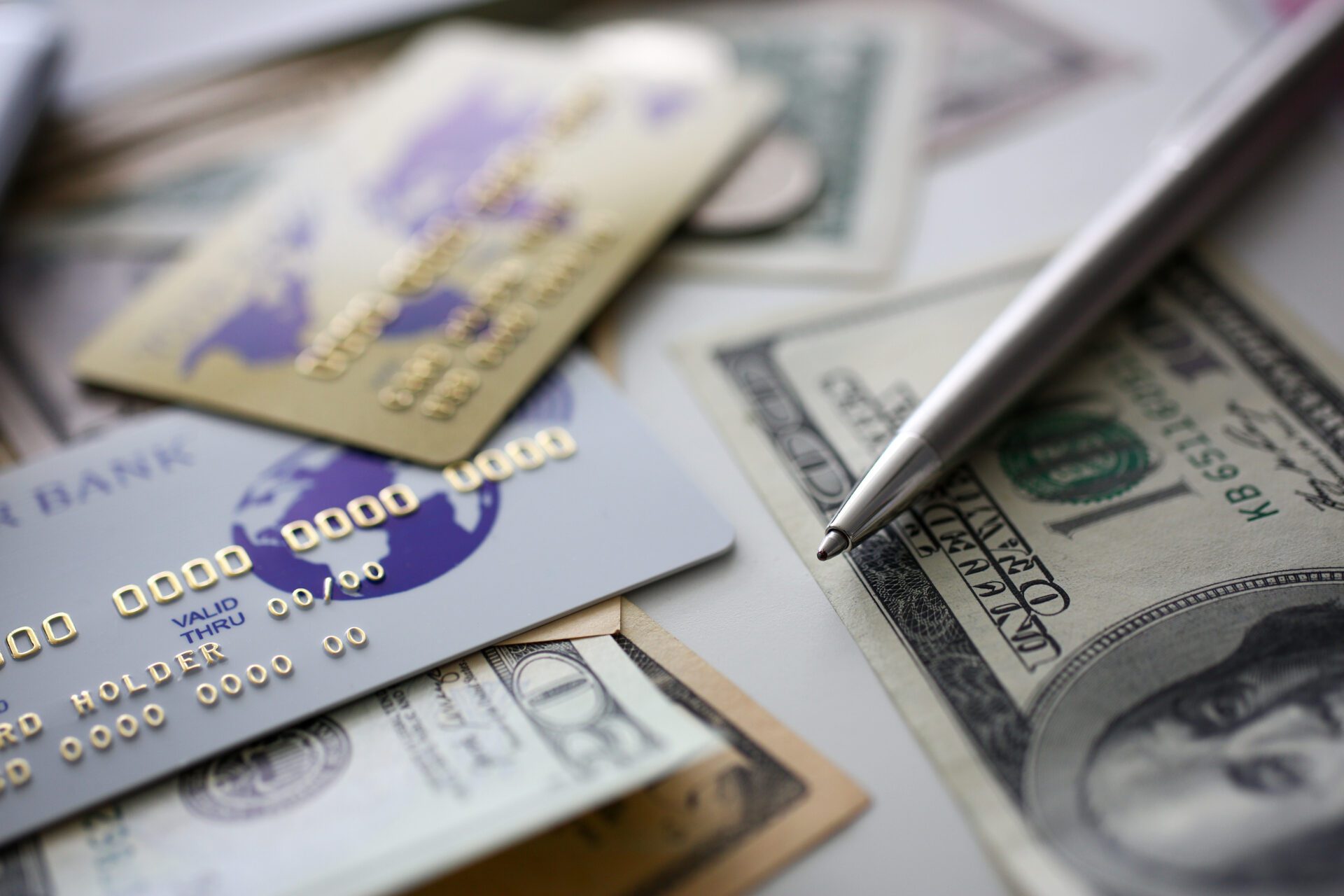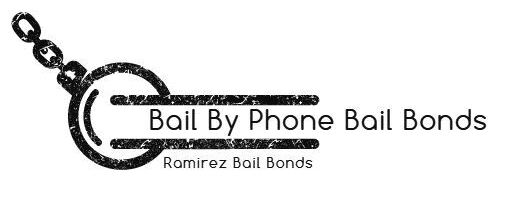How Bail Bonds Work
A person’s first thought upon landing in jail is often how to get out — and fast. The usual way to do this is to “post bail.” Bail is cash, a bond, or property that an arrested person gives to a court to ensure that he or she will appear in court when ordered to do so.
Call Now! 888-2GET-OUT & 888-243-8688




How Bail Is Set
Judges are responsible for setting bail. Because many people want to get out of jail immediately (instead of waiting for a day or longer to see a judge), most jails have standard bail schedules that specify bail amounts for common crimes. An arrested person can often get out of jail quickly by paying the amount set forth in the stationhouse bail schedule.
If a suspect wants to post bail but can’t afford the amount required by the bail schedule, the suspect can ask a judge to lower it. Depending on the state’s procedures, a request for lowered bail may be made either in a special bail setting hearing or when the suspect appears in court for the first time (usually called the arraignment)
Learn More
So much for theory. In fact, many judges set an impossibly high bail in particular types of cases (such as those involving drug sales or rape), knowing that the high bail will effectively keep the suspect in jail until the case is over. Although bail set for this purpose — called preventative detention — is thought by many to violate the Constitution, courts have uniformly rejected this argument (the issue has never been decided by the U.S. Supreme Court, the ultimate arbiter of what is and is not constitutional).
A surety bond is a form of a bail bond and it is often the most common option when it comes to choosing a bail bond. Since cash bonds are usually very costly, most people use a surety bond if the total cost of the bail is more than you can offered.

Conditions of Bail
Bailed-out suspects commonly must comply with “conditions of release.” If a suspect violates a condition, a judge may revoke bail and order the suspect re-arrested and returned to jail. Some bail conditions, such as requiring a suspect to “obey all laws,” are common. Other conditions may reflect the crime for which a suspect was arrested. For example, a condition may order a domestic violence suspect not to contact the complaining witness.


Paying Bail
Bail can take any of the following forms:
- Cash or check for the full amount of the bail
- Property worth the full amount of the bail
- A bond (that is, a guaranteed payment of the full bail amount), or
- A waiver of payment on the condition that the defendant appears in court at the required time (commonly called “release on one’s own recognizance”).
